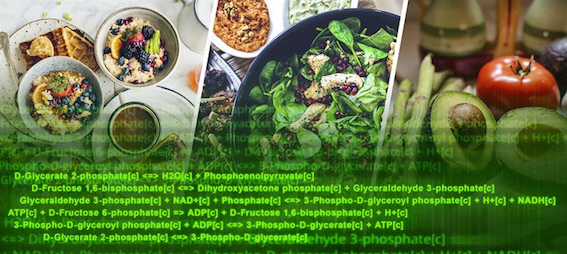Inside BENEO’s new pulse plant: pioneering sustainable protein from faba beans
The data to build the model has been gathered from many years’ worth of pre-existing clinical studies
A new mathematical model for the interaction of bacteria in the gut could help design new probiotics and specially tailored diets to prevent diseases. The research, from Chalmers University of Technology in Sweden, was recently published in the journal PNAS.
“Intestinal bacteria have an important role to play in health and the development of diseases, and our new mathematical model could be extremely helpful in these areas,” says Jens Nielsen, Professor of Systems Biology at Chalmers, who led the research.
The new paper describes how the mathematical model performed when making predictions relating to two earlier clinical studies, one involving Swedish infants, and the other adults in Finland with obesity.
The studies involved regular measurements of health indicators, which the researchers compared with the predictions made from their mathematical model – the model proved to be highly accurate in predicting multiple variables, including how a switch from liquid to solid food in the Swedish infants affected their intestinal bacterial composition.
They also measured how the obese adults’ intestinal bacteria changed after a move to a more restricted diet. Again, the model’s predictions proved to be reliably accurate.
The data to build the model has been gathered from many years’ worth of pre-existing clinical studies. As more data is obtained in the future, the model can be updated with new features, such as descriptions of hormonal responses to dietary intake.

